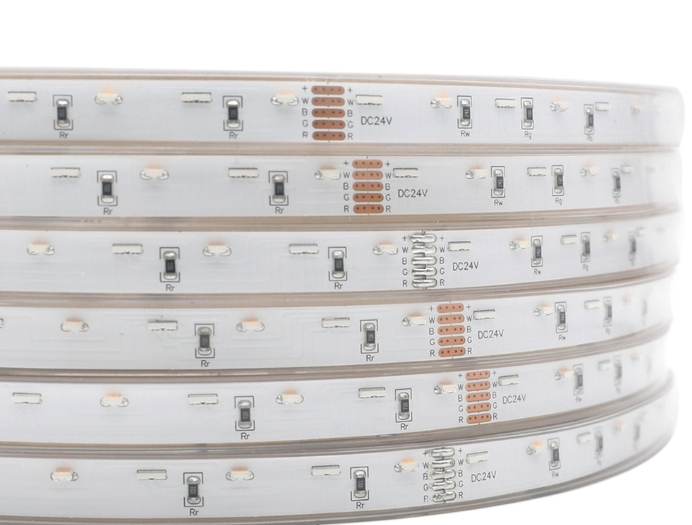What Safety Standards Do LED Strip Light Manufacturers Follow?
Critical Compliance with International Standards
Safety is paramount in the manufacturing of LED strip lights, as these products are used extensively in both residential and commercial settings. Recognized LED Strip Light manufacturers adhere to stringent international safety standards to ensure that their products are both effective and safe for widespread use.
UL Certification: Ensuring Reliability and Safety
In the United States, Underwriters Laboratories (UL) certification is a critical marker of safety. UL 2108 is the standard specifically designated for low voltage lighting systems, including LED strips. This certification assures that the product has been rigorously tested for risks like electrical shock and fire. Manufacturers who achieve UL certification often see a significant trust boost from consumers who recognize UL's stringent testing processes.
CE Marking: A Passport to European Markets
For manufacturers targeting European markets, adhering to CE standards is essential. The CE mark confirms that LED strip lights meet the EU safety, health, and environmental protection requirements. Notably, CE marking covers not just the safety but also the electromagnetic compatibility of the products, ensuring they do not emit harmful levels of electromagnetic interference.

RoHS Compliance: Prioritizing Environmental Safety
The Restriction of Hazardous Substances (RoHS) Directive is another critical standard that LED strip light manufacturers must comply with, particularly in Europe. This directive limits the use of specific hazardous materials in the manufacture of various types of electronic and electrical equipment, including lead, mercury, and cadmium. Compliance with RoHS not only reflects a commitment to environmental safety but also protects consumers from exposure to toxic materials.
IP Rating: Guarding Against Environmental Hazards
IP (Ingress Protection) ratings are crucial for evaluating the environmental suitability of LED strip lights. These ratings determine how well the product is protected against the ingress of solid objects (like dust) and liquids. An IP65-rated LED strip light, for instance, is totally protected against dust and can handle low-pressure water jets, making it suitable for outdoor use.
Quality Assurance Through ISO Standards
Adherence to ISO standards, such as ISO 9001 for quality management systems, demonstrates a manufacturer’s commitment to continuous improvement and customer satisfaction. These standards ensure that every step of the manufacturing process is well-documented and conforms to international quality norms, thereby reducing the likelihood of defects and increasing consumer confidence.
Staying Informed and Making Safe Choices
When selecting LED strip lights, it is crucial to verify that the manufacturer complies with these essential safety standards. A commitment to safety standards is a testament to a manufacturer's reliability and dedication to consumer welfare.
For further information on how safety standards influence the production and reliability of LED strip lights, consider exploring the offerings of a leading LED Strip Light manufacturer. Their adherence to these rigorous standards is a guarantee of quality and safety, providing peace of mind to consumers and businesses alike.





